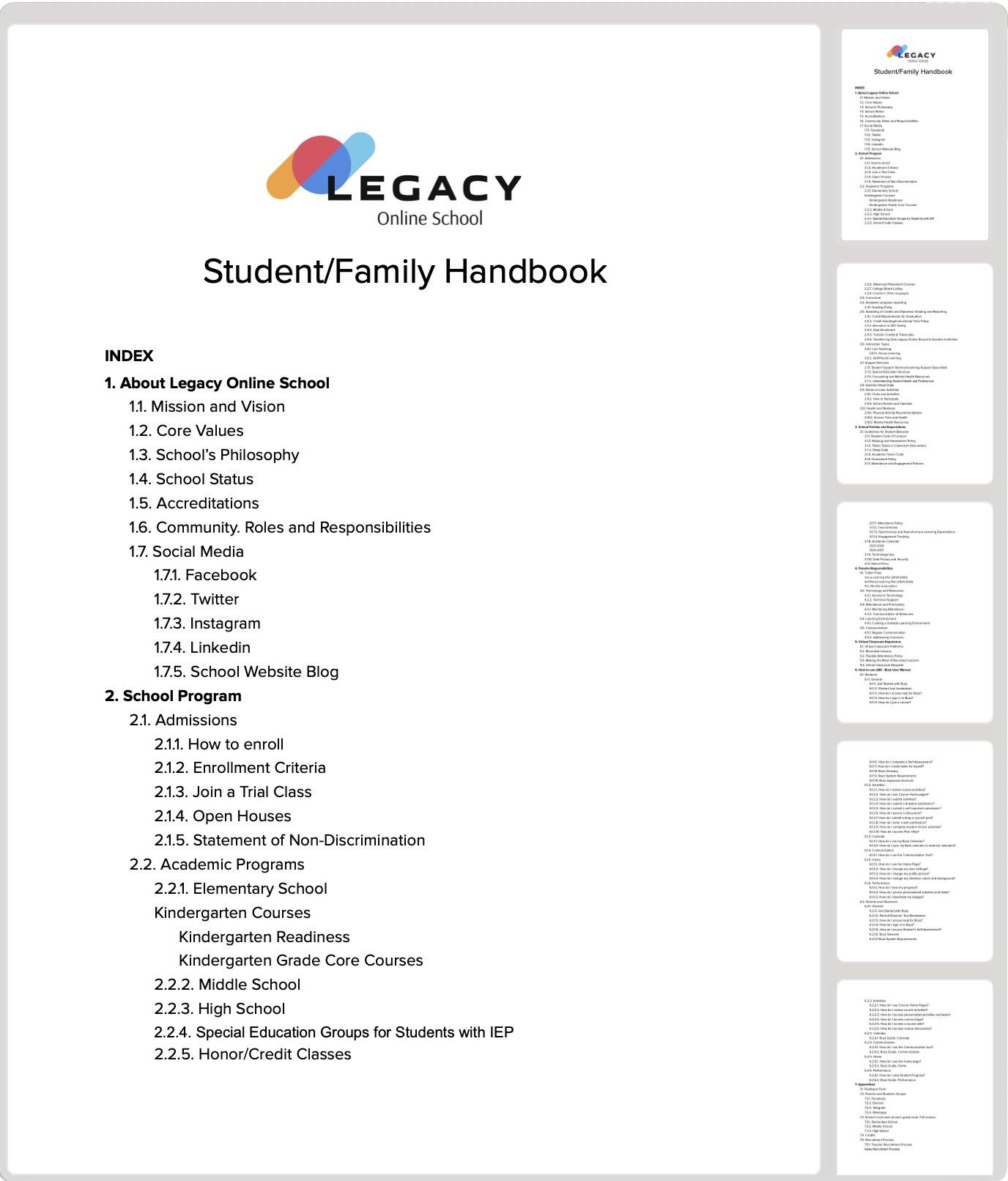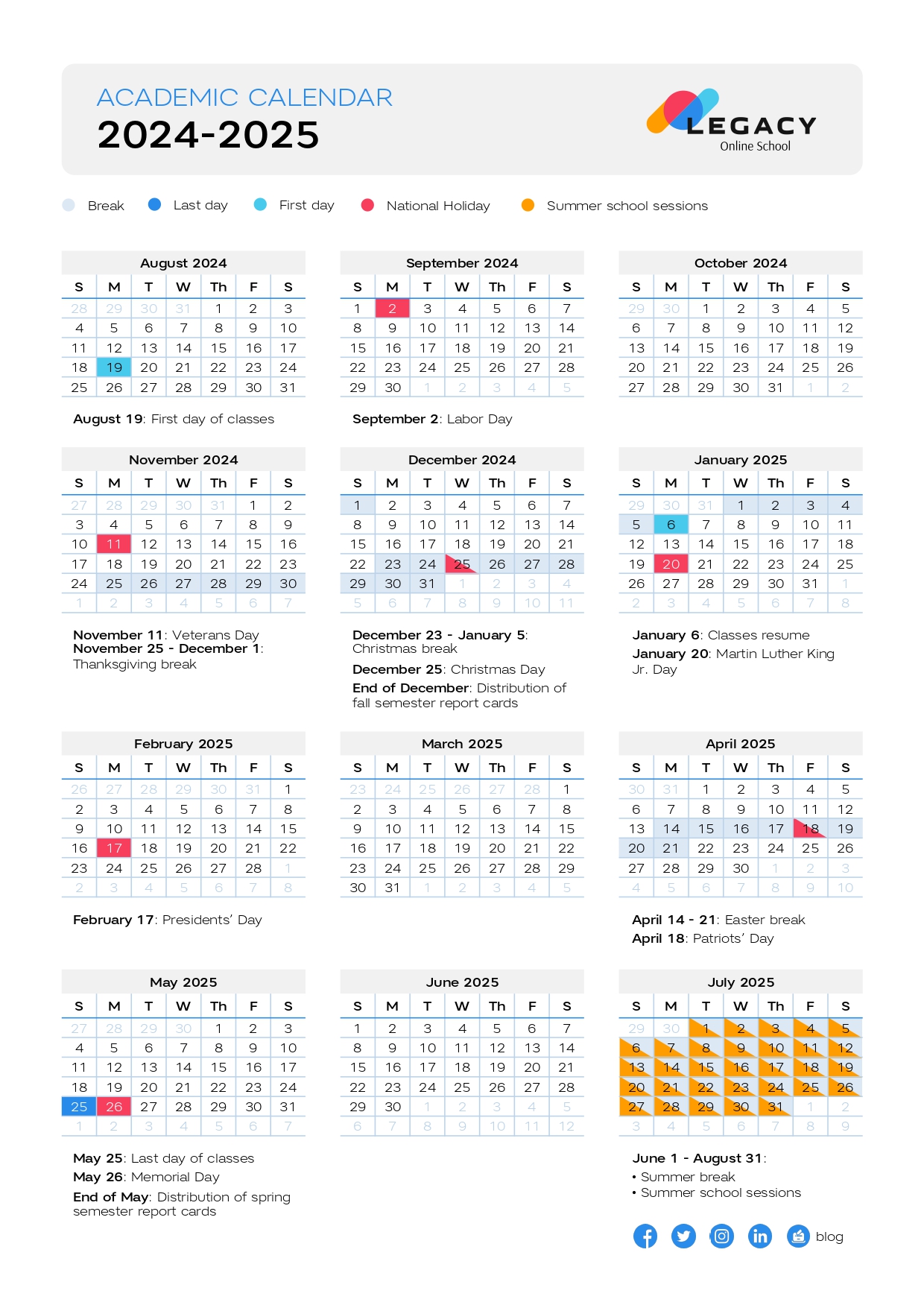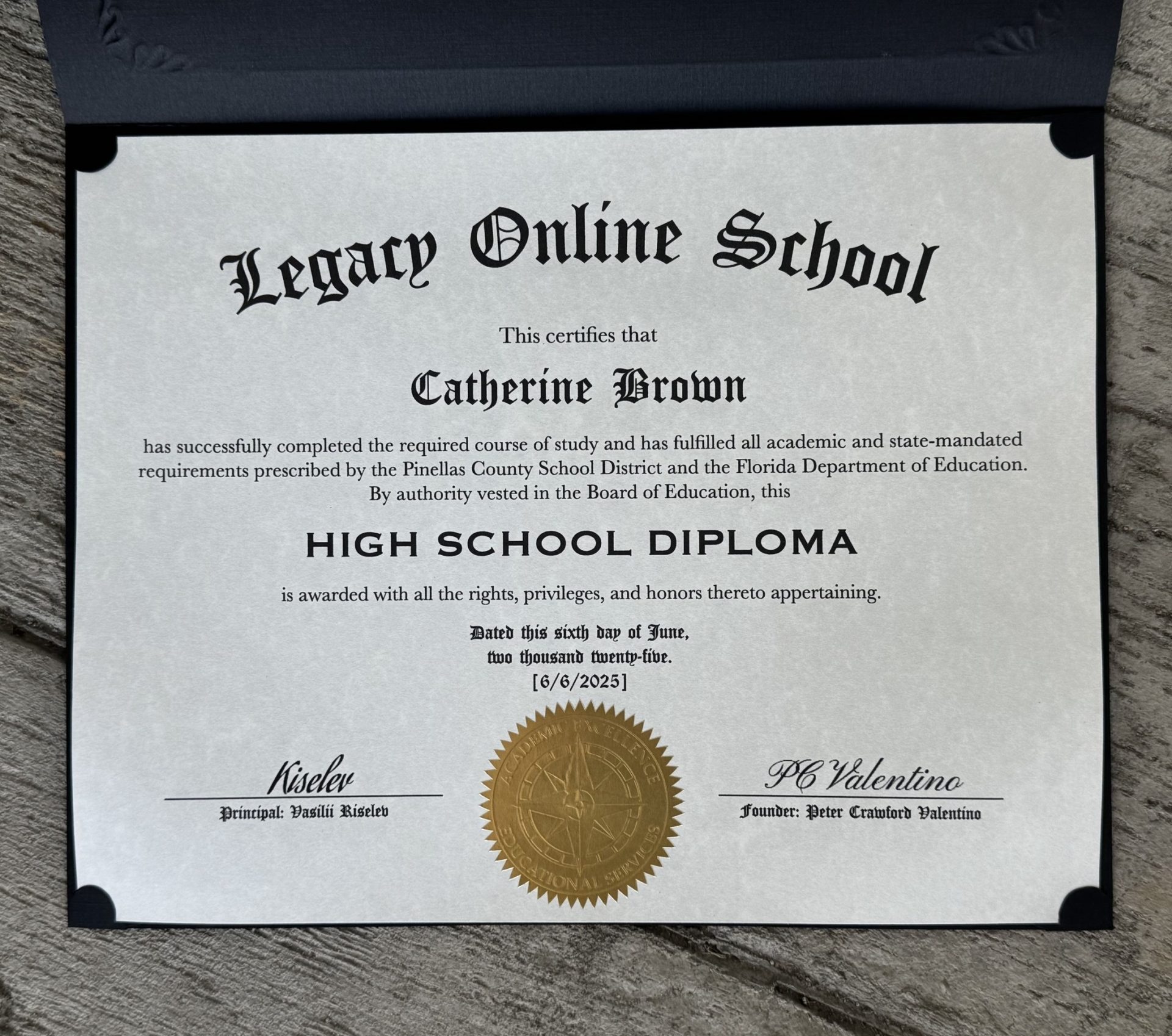Accredited Online Elementary School Programs: K-12 Online School
Attending elementary school online helps many children achieve better results. We will tell you which accredited online elementary school programs families prefer.
What Are Accredited Online Elementary School Programs
Let’s first figure out what these programs are all about.
How Do Accredited Programs Differ from Non-Accredited Ones
Accreditation ensures the material taught to children meets the latest educational standards set by the Department of Education, teachers have proper certifications, and the school provides students with necessary support. Knowledge gained through an accredited program is recognized throughout the United States.
Non-accredited programs do not guarantee any of this. Review carefully what a non-accredited program offers before enrolling to avoid unpleasant consequences.
What Is the Importance of Accreditation in Education
Accreditation plays a role for educational institutions and families. Accreditation provides institutions with a mark of quality and requires continuous improvements to meet the latest educational standards. Accreditation guarantees families their kids get a quality education in kindergarten, elementary, middle, and high school, and it is recognized in every state and even in countries outside the U.S.
What Types of Programs Are Available for Elementary Students
The program options available to elementary students depend on the school they choose. Let’s take a look at the options offered by Legacy Online School:
Why Choose an Online School for Elementary Education
Let’s figure out why an online school for elementary education can be a good choice.
What Are the Benefits of Online Learning for Young Children
Virtual learning gives many advantages to students, including flexibility in scheduling, affordable tuition, comprehensive support, and accreditation. We’ve covered the benefits of online education in detail in this article.
How Do Online Schools Cater to Different Learning Styles
Children have different learning styles, and this plays an important role in their education. Visual learners study better when information is presented through pictures, diagrams, and videos. Auditory learners excel when engaging in activities involving listening and verbal discussions. Kinesthetic learners prefer learning through hands-on approaches and movement.
Online learning accommodates these differences and allows for diverse curriculums catering to each learning style. It also offers a high level of personalization, with programs adapted to the specific needs of individual students.
What Flexibility Do Online Programs Offer to Families
Online students have great freedom and the ability to adapt their learning to their needs. Parents also benefit from this, as they can decide how much they want to be involved in their children’s education. Kids have a flexible schedule they can adjust at any time if their life circumstances change and, for example, they want to do something different instead of their usual 2 PM classes. This flexibility is ideal for working students, traveling families, and children who simply prefer to avoid routine learning.
How to Select the Right Accredited Online Elementary School
Here are some tips to help you choose the most suitable program for a student.
What Questions Should You Ask When Evaluating an Online Program
It is important for students to read the program description carefully. Students contact the representatives of the school offering the program to clarify any doubts if something is unclear. Kids confirm whether the program is accredited and what level of support the school provides. Students may have additional questions depending on their personal needs, and it is crucial to address all of them with the school representatives before enrolling.
How Can You Assess the Curriculum and Teaching Methods Used
The first thing to consider is accreditation. Accreditation ensures the curriculum is of high quality and follows the correct program standards. Accreditation also guarantees the teachers have all the necessary certifications.
Families also check additional factors to determine if the program is a good fit for them. It’s important to assess the level of support provided by the online school. Independent students may require minimal support, but less independent students and those with special needs should receive maximum support, both technical and academic.
What Role Do Reviews and Testimonials Play in Your Decision
Families need to research a school’s reputation before enrolling. Reviews and testimonials help in this process. Reading feedback gives an idea of other students’ learning experiences at the school. Some schools buy reviews, which often look generic and lack personal details. These reviews should not be the basis for forming an opinion about the school. It’s also useful to ask friends, acquaintances, or professional communities for recommendations if they have experience with the school you are considering.
What Should Parents Expect from Online Elementary School Programs
Parents who are new to online learning often don’t know what to expect. We will highlight the key aspects you need to know about online education.
What Is the Daily Schedule Like for Online Elementary Students
A typical day for elementary students begins with learning core subjects like math, science, and language arts. Students take a midday break for lunch and some rest. Kids focus on elective subjects in the afternoon. They complete their tasks and spend their evenings on activities they enjoy. The learning schedule can be adjusted by the students themselves if they wish.
The entire learning process takes place on the school’s online platform, where children access study materials, assignments, and complete them. Students use many other online tools to attend live online classes and communicate with classmates.
How Is Student Progress Monitored and Reported
The school’s online platform usually includes built-in features for advanced analysis and report generation. Reports help identify students’ successes and challenges, allowing for targeted support to improve results.
Some schools do not have such advanced tools, and progress updates along with improvement recommendations are provided directly by teachers.
What Kind of Support Is Available for Students and Parents
Students and parents can rely on support from teachers throughout the learning process. The online platform and internal school portals may offer different guides and other helpful resources. Additional support options should be checked with the specific school. Families need to find out whether the school provides technical support for platform or device issues, has a community, offers financial assistance, works with students with special needs, and more.
How Do Online Schools Handle Socialization and Extracurricular Activities
Socialization and extracurricular activities are important in traditional schools. Let’s see what role these elements play in online education.
What Opportunities Are There for Social Interaction Among Students
Online schools offer different options for children, and everyone can learn about them before enrolling to choose the best fit. Students have the opportunity to interact with teachers and classmates through virtual tools like Zoom.
Schools usually provide students with a selection of virtual activities, such as museum tours, competitions, and more. Some schools also offer hybrid options, allowing students to participate in virtual and in-person activities.
How Can Families Ensure Their Children Participate in Extracurricular Activities
Parents talk to school representatives to understand what monitoring tools the school offers. One available option may be a platform report showing children’s progress and attendance. Parents can always get this information directly from the teacher if reports are not available. A great approach is also active engagement with the child. This approach helps parents to learn how their kids are doing, what they enjoy about school, and what activities they participate in.
What Community Resources Are Available for Online Learners
Virtual schools have a strong community and bring different support services and resources for families. Such a community offers a chance to make friends, use the school’s apps, get valuable experience, and attend a lot of events. Join our community to stay updated on current announcements, attend exciting events, and get new knowledge and experience.
What Are the Long-Term Benefits of an Accredited Online Elementary Education
Everyone knows the basic benefits of online education, but we want to highlight some less obvious aspects.
How Does Online Learning Prepare Students for Future Education
Online learning provides different help for kids. Here are some options from Legacy Online School:
- Advanced Placement (AP) courses
- Honors classes
- Dual enrollment programs
- Science, Technology, Engineering, and Mathematics (STEM)-Focused Curriculum
- Career preparedness and college guidance
Each of these programs is designed to prepare students for the challenges and specifics they will face in the future. Children get a detailed understanding of the new level of education and the skills helping them handle everything ahead.
What Skills Do Students Gain from Online Learning Environments
Students in this type of learning not only get academic knowledge but also develop additional skills useful for their future careers and life. Kids learn how to study and collaborate effectively in a remote environment. They are also mastering modern tools like Zoom. Students’ personal qualities grow as well, as they develop self-discipline, attentiveness, and many other important traits.
How Can Online Education Impact Career Readiness in the Long Run
Online education is a springboard preparing students for the future. Teachers help children discover who they want to become in the future. Students master dozens of programs from grade to grade, getting skills useful in their future workplaces. Kids also learn to collaborate in different formats and develop a mindset helping them deal with any challenges, even those they encounter for the first time.

















